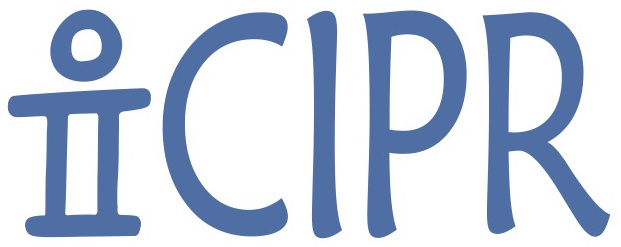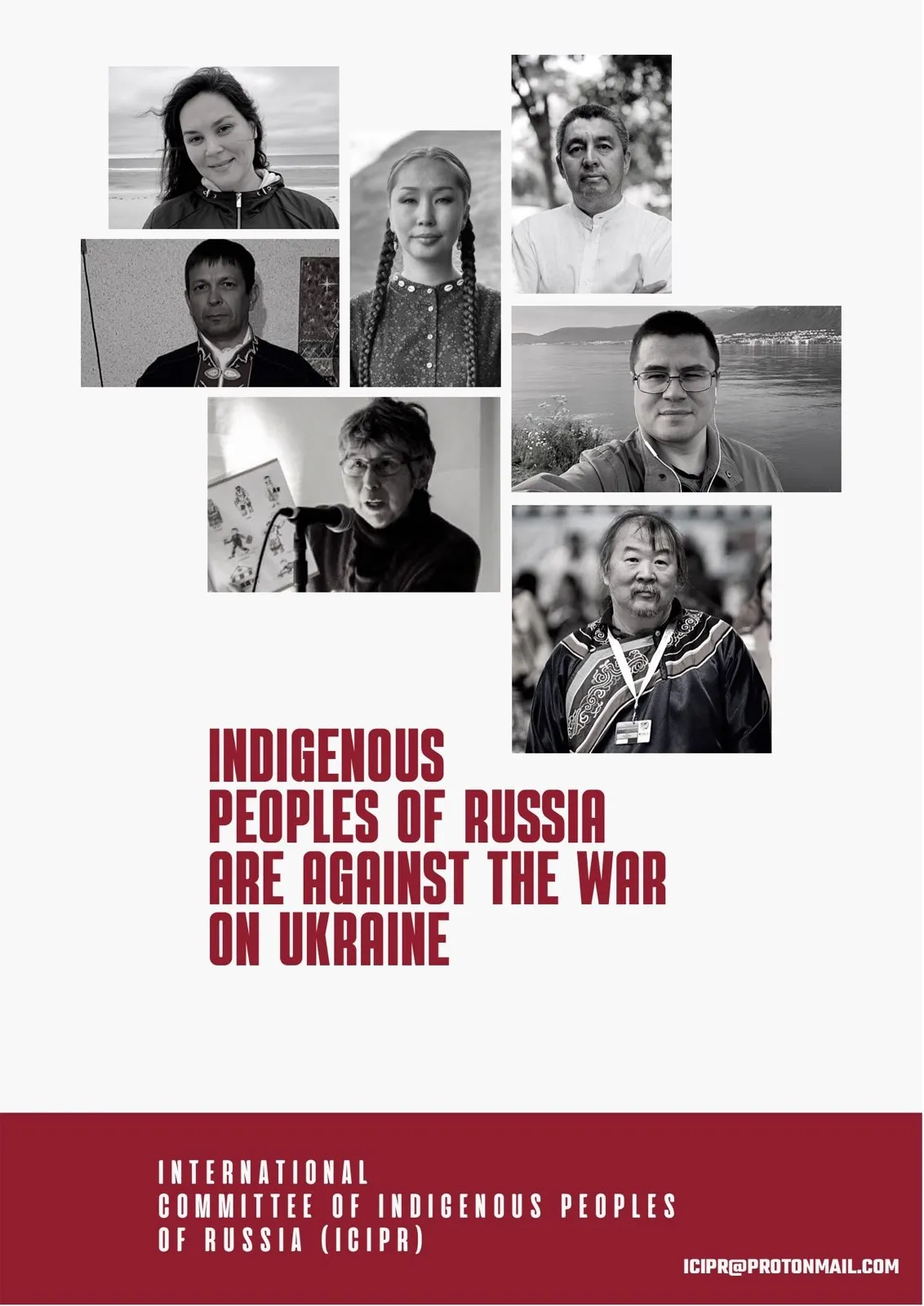Report by the International Committee of Indigenous Peoples of Russia.
First edition. 24 August 2022
In the early hours of February 24 th the Russian military build-up along Ukraine’s northern, eastern, and southern borders finally erupted into a full-scale war against Ukraine. Russia’s aggression has already claimed the lives of tens of thousands of people, both among the civilian population, military, and paramilitary groups. It has pulverized Ukrainian cities, destroyed Ukrainian infrastructure, and further resulted in the largest refugee crisis in Europe since World War II. Additionally, it exacerbated the ongoing food crisis in the Global South, increased pressure on Europe’s economy, launched an extended economic recession in Russia, and has driven Russia’s decay into full-blown dictatorship at a pace that would have been hard to imagine in times of peace.
While the war itself has no declared Indigenous dimension, it will certainly have serious repercussions on Ukraine’s and Russia’s Indigenous peoples and the international Indigenous movement. As Ukraine’s Indigenous peoples traditionally mostly reside on the Crimean peninsula, they have been subject to Russia’s aggression since 2014.
It is difficult to predict how the conflict will evolve and what impact it will have on the survival of the current political regime in Russia. Predictions range from consolidation of Vladimir Putin’s regime, the regime’s transformation into a full autarchy, to a coup by discontented elites or popular uprising eventually leading to a democratic transition and/or territorial disintegration of the Russian Federation.
The present document is not seeking to explore any of these scenarios, but rather looks at some of the already visible effects of Russia’s war in Ukraine for Russia’s Indigenous peoples and beyond. Further, it explores the war’s short and mid-term political and economic consequences for Indigenous communities in Russia. Finally, the report will present recommendations aimed at improving the situation of Indigenous peoples in Russia in these very difficult circumstances and protecting those brave human rights defenders who continue their important work despite spiraling repressions.

